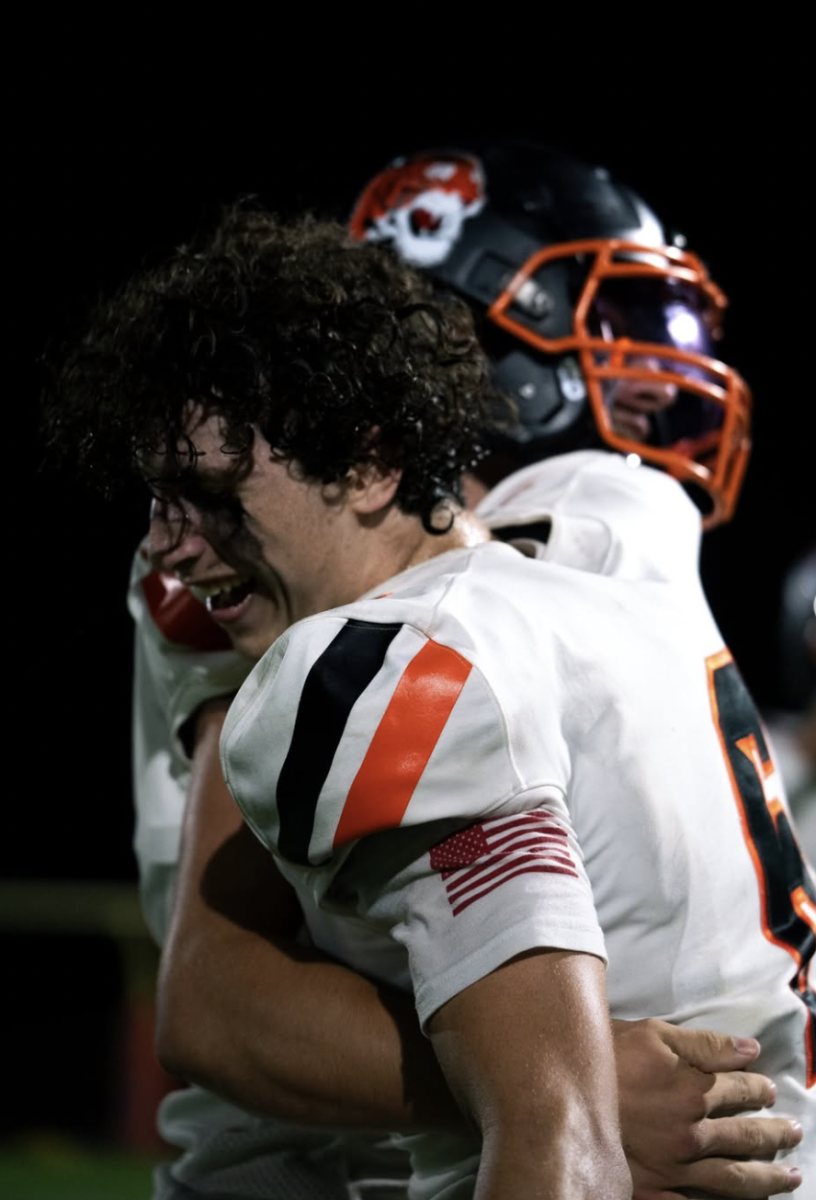 [/media-credit]
[/media-credit]
- Poet Mile Hodges performs “Harlem,” a poem on race and the inner city during G-block in the auditorium.
by Malini Gandhi
With voices that rose and fell from powerful resonance to trembling fragility, poets Alysia Harris and Miles Hodges harnessed the power of poetry and performance to explore racial identity as part of Black Culture Awareness Day yesterday G-block in the auditorium.
Both Harris and Hodges were recently featured on HBO’s “Brave New Voices,” according to senior Robyn Estwick, who is president of Black Leadership Advisory Council and who introduced the poets.
Harris is a graduate student at Yale University who is pursuing a Ph.D. in linguistics. A two time national spoken word champion, Harris is constantly “studying language and the spoken word to explore the human experience,” according to Estwick.
Hodges is a poet, entrepreneur and student at the University of Pennsylvania, Estwick said.
Hodges began the performance by noting that the purpose of the performance was simply to “share ourselves with you.”
“We need to let go of black, white, rich and poor. Everyone has their own truth, and we are here just to get up and share our truths,” he said.
For Hodges, one of the “truths” in his life is the importance of being invested in the moment, and his first poem, “Leap Year,” explored this theme.
Throughout the poem, Hodges reflected on the notion of time, saying that “time is ruthless, persistent like love” and that “there is something here, but I’m scared I can’t touch it.” He ended with a cry to seize every moment, stating that, “I said you are here now.”
Harris followed with the poem “Southern,” which spoke about her identity as a Southerner and addressed Northern stereotypes of the Southern way of life. Filled with images of cypress trees and molasses, the poem stated that, “I’m not in the mood for your northern judgment—I know more about your cotton britches than you do.”
A commentary on race and status, Hodges’ next poem, “Harlem,” was inspired by his father, he said.
Hodges said he remembers his African-American father being pulled over by policemen who would suspiciously look in the backseat at Hodges and his brother as if they wanted to make sure that the light-skinned children were actually his father’s.
The poem included images of Harlem and inner city life, and near the end Hodges broke into a soft song.
Harris presented “Joy,” a poem that she said she “wrote for the ladies to promote self-esteem.”
The poem laid out various definitions of “joy” that each proclaimed a sense of self-worth, including “joy is being beautiful without a man ever telling you so” and “joy is being whole.”
Following the performance, Harris and Hodges took questions from the audience, discussing subjects such as their role models in life and their early experiences with poetry.














































